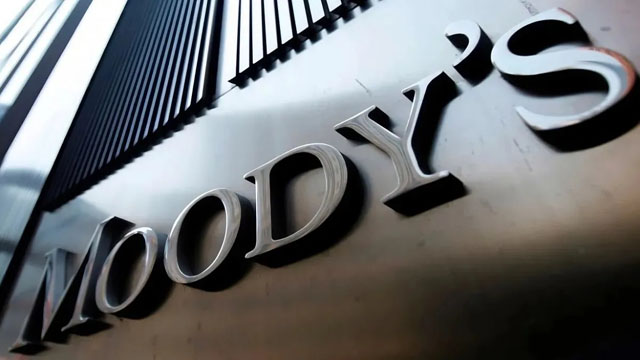News Flash

SAN FRANCISCO, United States, July 18, 2025 (BSS/AFP) - Moody's raised Argentina's long-term debt rating by two notches on Thursday, from Caa3 to Caa1, but it remained in the speculative category, the risk rating agency said in a statement.
The agency cited macroeconomic reforms that have brought inflation down and a return to growth for its decision.
It said it believes the risk of default or debt restructuring has diminished thanks to the gradual lifting of foreign exchange restrictions which "enables a transition toward a more robust foreign exchange regime anchored on building international reserve buffers."
The South American country's economy grew by 5.9 percent in the first quarter of 2025, the Moody's report noted, "driven by domestic demand and underpinned by a recovery in confidence."
The Caa1 rating has a "stable" outlook.
"Disinflation has contributed to real wage increases, while the fiscal tightening has enhanced the availability of credit that is no longer crowded out by public sector borrowing," Moody's said.
Argentina has been benefiting from a strong disinflationary trend for over a year, with inflation reaching a five-year monthly low in May.
In spring, on a year-on-year basis, inflation stood at 55.9 percent over 12 months.
It reached 211 percent at the end of 2023, when Javier Milei began his presidency and rolled out shock austerity measures, including a sharp 52 percent devaluation of the peso.
In April, the country received loans and grants from the International Monetary Fund, the World Bank and the Inter-American Development Bank totaling $42 billion.
The program was "a vote of confidence in the government's determination to advance reforms," IMF boss Kristalina Georgieva had said, hailing Milei's "impressive progress in stabilizing the economy."
In return, the Argentine government ended most of the country's exchange controls.
Restrictions on the purchase of foreign currencies, in place since 2019, were eased, including a $200-per-month limit on Argentine citizens accessing greenbacks.
Moody's pointed out, however, that Argentina's weak foreign reserves and structural obstacles to foreign investment still prevent the rating from rising above Caa1.
The country has needed 23 IMF bailouts since 1950, been iced out of international bond markets and has often spent more than it could borrow.